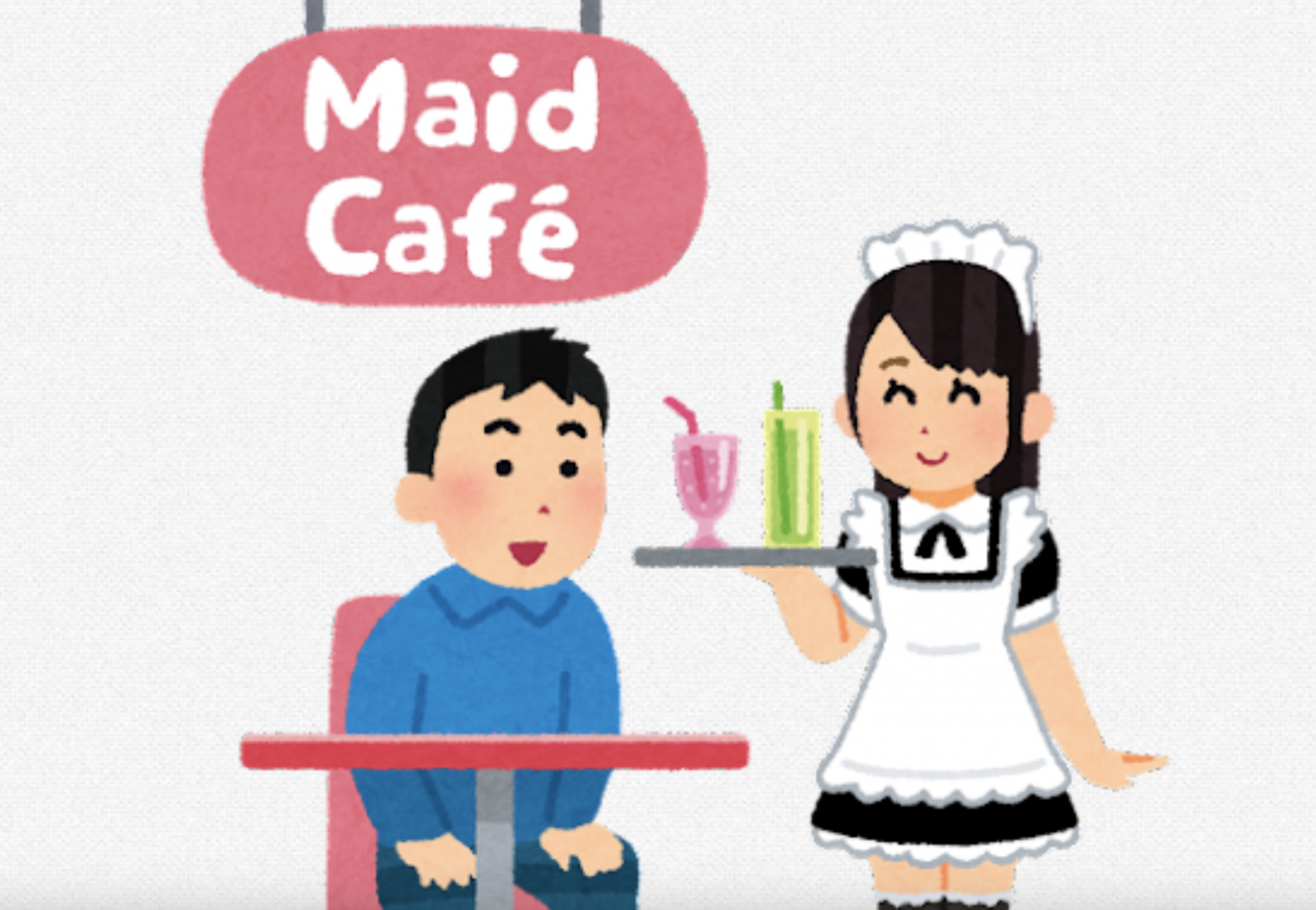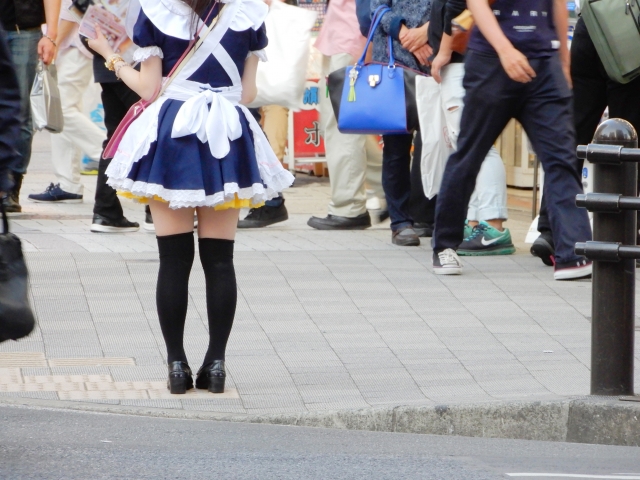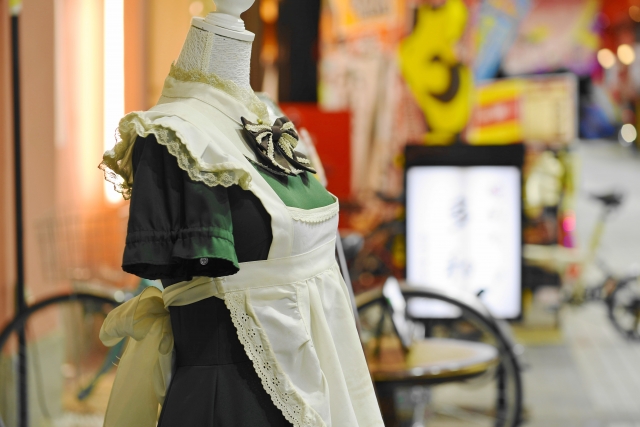Maid cafes have been a novel part of otaku culture for decades, catering to the tastes of many anime and game enthusiasts, as well as those seeking a niche dining experience. A recent article by the Daily Shincho explores the evolution of modern maid cafes and how some of these establishments are beginning to change their ideology, going from a place where patrons can enjoy a meal in an overly cute atmosphere, to a place selling dates and expensive alcohol.

Maid cafes are maid-themed cafe restaurants known for mixing themes of anime, game, and otaku culture. Employees of maid cafes are typically young women who serve drinks and beverages in maid uniforms to their patrons, who are often referred to with fancy titles such as master and mistress. At these cafes, patrons can interact with their favorite maid, enjoy live performances, and have a bit of unconventional, but family-friendly fun. However, it seems that this ideology may be changing.
Reportedly, maid cafes are starting to take influence from establishments with more mature themes. According to the above-mentioned article, “Since the early 2000s, some maid cafes started offering services beyond the typical “cafe” experience. They allow maids and customers to chat in private rooms and even go on dates outside the cafe. In recent years, this trend has accelerated, with maids and customers getting closer, leading to a growing number of establishments that hardly differ in service from hostess clubs.” Traditionally, maid cafes have prohibited soliciting dates with the maid staff. However, in recent years, there seems to have been an influx of cafes offering these more intimate encounters.

In Japan, hostess clubs are nightclubs where women are paid to drink and socialize with patrons. Female staff, known as hostesses, utilize their charm and appearance to persuade male customers into purchasing expensive alcoholic beverages, as they also earn commissions based on the number of bottles opened. The more bottles a patron buys, the longer they can interact with the hostess.
It seems that many maid cafes have taken a twist on this bottle-buying system of hostess clubs, introducing bottle-popping live streams. Apparently, the maids stream videos in which they open high-priced champagne bottles one after the other, during which they receive from about $60 to $300 in tips. The article suggests that younger patrons of maid cafes appear to readily embrace the concept of purchasing expensive items to support their favorite maids, possibly due to the normalization of oshi-katsu (stanning as a lifestyle that includes using money to express loyalty to idols, characters, etc). In recent years the oshi lifestyle has become popular with Japanese youth, so it’s no wonder this system has caught on.

In addition to bottle-popping live streams, it seems that birthday celebrations are another way for cafes to increase their revenue. Drawing heavy influence from hostess club culture, some cafes have birthday events for their maids, where devoted patrons are encouraged to go all out. A hostess’ birthday holds great significance in their profession, being an incentive for patrons to spend more than usual. These birthday celebrations not only measure the hostess’ popularity and status but also makes their club a lot of money.
Maid cafes seem to have boldly integrated the same practice, with maids making great efforts to encourage customers to make their birthdays a financial success. Maids will contact patrons to visit their cafe on their birthday via social media, with cafes offering a special birthday menu featuring expensive items, such as bottles of champagne, and the option to purchase “special perks” to which customers can negotiate.
The Daily Shincho states, “When asked what these “perks” are, maids hesitantly responded, “The details are determined through discussions with the customers. For example, they might include the possibility of going on a date outside the cafe on a different day.” They claim there’s no sexual service, but with trusted customers, they say, “the nature of the service can be quite flexible.” Considering the relatively young age of many maid cafe staff, concerns about the ethics of adopting features from nightlife clubs into these cafes have been raised, prompting even authorities to become involved.

According to the article, in 2020, there were over 1,100 reports made to Japan’s national crime and accident hotline regarding alleged illegally operated maid cafes, even leading to some arrests.
While maid cafes may have originated as a relatively innocent and quirky expression of otaku culture, it appears that certain establishments are now leaning toward a more mature audience, and focusing more on incorporating the many revenue-generating mechanisms of hostess clubs. As many of the individuals who choose to work and patronize maid cafes can be relatively young, it’s questionable whether the new approach is appropriate.





